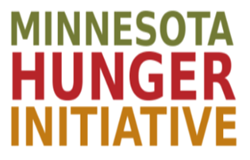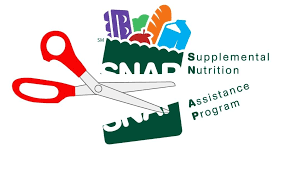1 in every 10 Minnesotans experience hunger and 3 out of 10 Minnesotans lack easy access to healthy food. The federal Supplemental Nutritional Assistance Program (SNAP) is a critical part of making sure all Minnesotans have access to healthy food.
Approximately 36 million people receive SNAP assistance, a federal program for low-income individuals and families to better afford food.
Beginning April 1, able-bodied adults between the ages of 18-49 who does not have a dependent will have to work at least 20 hours a week in order to keep their SNAP benefits. People with a proven disability, children and the elderly will not be impacted.
Officials say the rule will save the government billions of dollars and encourage more people to work at a time when jobless rates are near a 50-year low. By the administration’s own estimate, around 700,000 people will lose food stamps. The Minnesota Department of Human Services estimates 8,000 Minnesotans will lose SNAP benefits.
*January is SNAP-Education and Outreach Month in Minnesota as proclaimed by Governor Tim . SNAP-Education and Outreach services promote healthy eating and active living –helping children succeed in school and helping older adults remain independent. Every $1 spent on nutrition education saves as much as $10 in long-term health care costs.

